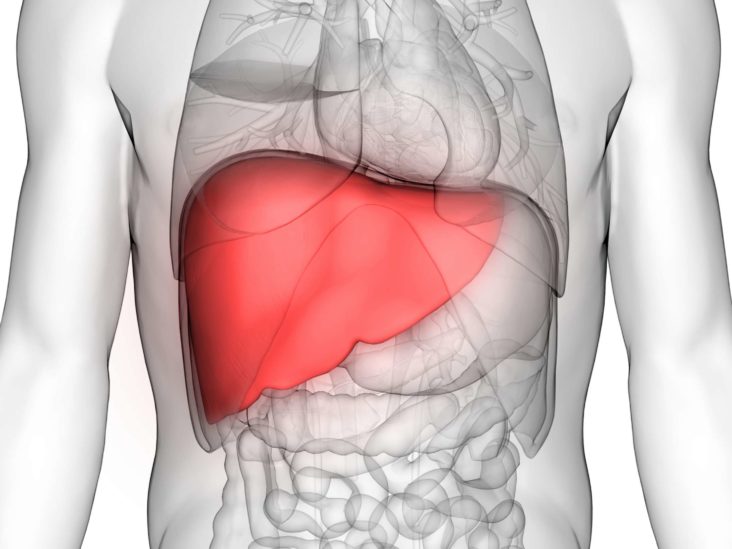A liver transplant is a surgery in which a diseased or stalling liver is replaced with a healthy liver from another person. For those with a specific type of liver malady, the procedure may be life-saving. It’s pivotal to know what to anticipate ahead, during, and after a liver transplant if you ever need one.
According to the Narayana Health report (2019), every year, around 20-25 people per million of the world population need a liver transplant worldwide. Around 25,000 liver transplants are performed all over the globe, but in India the number is still significantly low. High procedural costs and the unavailability of donors are the main reasons for a fewer number of transplants.
There are a number of different liver diseases that may require a liver transplant. The most common is ‘Liver Cirrhosis’, which is a progressive disease that damages the liver cells and causes scarring. Other common liver diseases that may require a transplant include:
- Liver cancer
- Hepatitis B
- Hepatitis C
- Wilson’s disease
The liver transplant examination procedure can take several months. It all starts with your doctor conducting certain tests to see if you’re a surgical candidate. Some of the tests required are:
- Imaging studies (for instance CT scan, MRI)
- Blood tests
- Testing
- Liver biopsy
If you are a candidate for a liver transplant, you will then be referred to a liver transplant hospital. There, you will undergo a more comprehensive evaluation, which will include a review of your medical history and tests to establish the severity of your liver illness.
If you are approved for a liver transplant, you will need to prepare for surgery. For this, you would have to ensure that your home is ready for your recovery, as well as get your affairs in order. You will also need to quit smoking and abstain from consuming alcoholic beverages and might need to take medications to prepare your body for surgery.
In a liver transplant, the donor’s liver is removed and implanted into the recipient. A donor’s liver is usually obtained from someone who died unexpectedly, such as in an accident. A liver from a living donor can be used in some instances.
There are a number of risks associated with liver transplant surgery, including:
- Rejection of the liver transplant
- Infection
- Bleeding
- Blood clots
- Liver failure
The liver transplant surgery usually takes between 6 and 12 hours to complete. There are two main types of liver transplant surgeries:
- Traditional liver transplant surgery
This type of surgery is used for most liver transplants. It involves making a large incision in the abdomen and separating the liver from the other organs in the abdomen. The new liver is then placed in position and surgically attached to the blood vessels and bile ducts.
- Laparoscopic liver transplant surgery
This type of surgery is becoming more common. It involves making several small incisions in the abdomen and using special instruments to remove and replace the liver. Laparoscopic liver transplant surgery is less invasive and has a shorter recovery time than traditional liver transplant surgery.
Most people require hospitalisation after liver transplant surgery for several weeks. During this time, you will need to take medications to prevent rejection and infection, and also need to follow a strict diet and exercise regimen.
Post-operative care is critical in ensuring the success of liver transplants and can last several months before patients are able to return home and resume their normal activities. A liver transplant is a complicated procedure, but when done correctly, it can provide long-term benefits to the patient. Seek a second opinion from award-winning and highly competent physicians at SeekMed if you are undergoing or confronting liver-related concerns.In addition, you can search ‘Best Gastroenterologists in India’or ‘best hospital for liver transplant in India’on the web, and gaininstant and easy access to hospitalisation, diagnosis, and other services.


